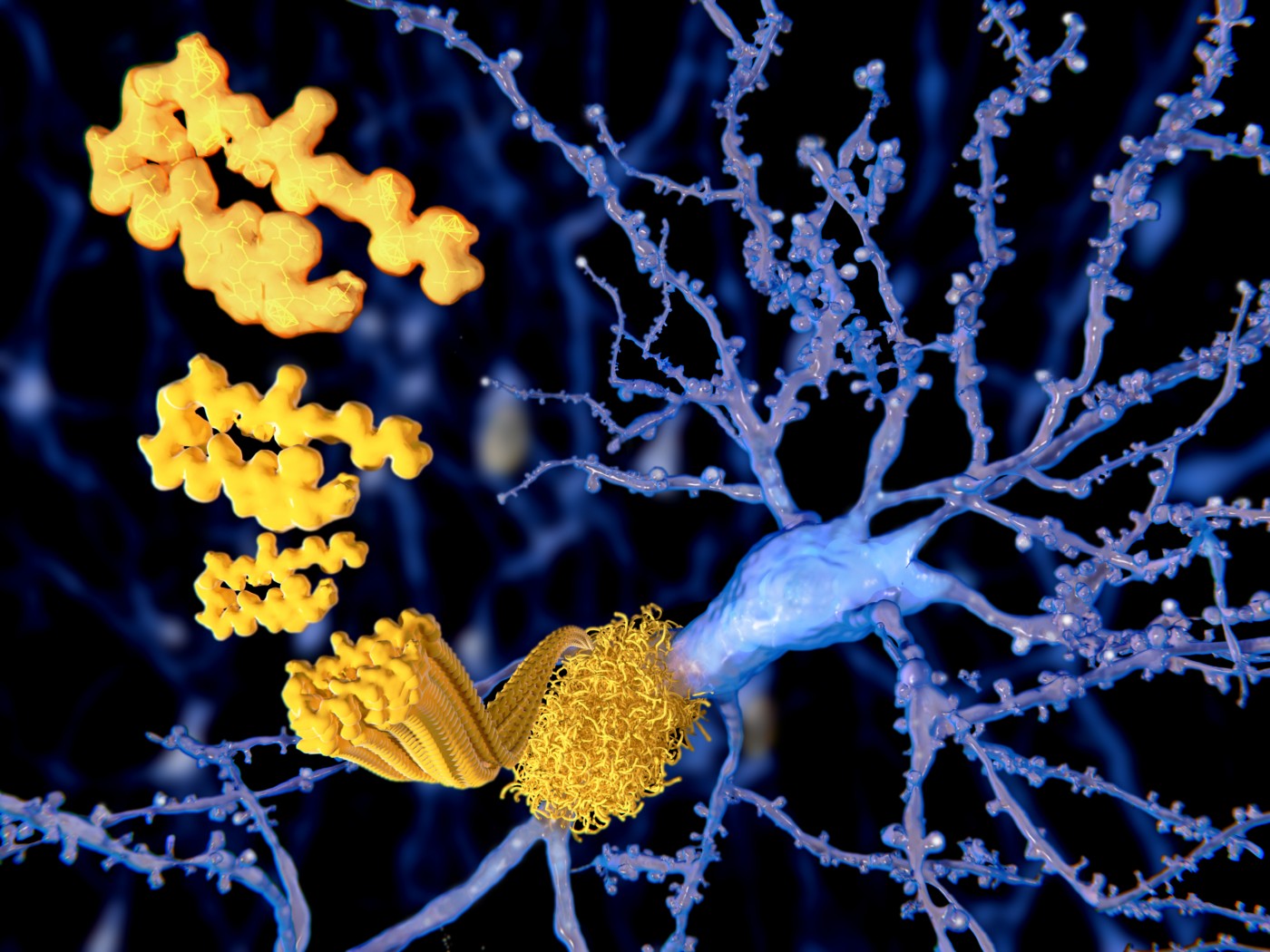ORYZON Reports First Dosing in Phase 1 Study of Alzheimer’s Drug Treatment

Oryzon Genomics recently announced the dosing of a first subject in its Phase 1 trial of oral LSD1-MAOB dual selective inhibitor ORY-2001, targeting memory loss and cognitive decline in Alzheimer’s disease. The single and multiple ascending dose study will evaluate the safety, tolerability, and pharmacokinetics of ORY-2001 in healthy subjects.
The trial is randomized, double-blind, and placebo-controlled, and is being conducted in a clinical unit of a university hospital in Barcelona, Spain, pursuant to a Clinical Trial Application (CTA) from the Spanish Drug Agency (AEMPS). If the study’s outcome is positive, Oryzon plans to advance ORY-2001 to a Phase 2 trial in Alzheimher’s patients during the first half of 2017.
ORY2001 is a novel orally bioavailable and brain penetrable inhibitor of Lysine Specific Demethylase 1 (LSD1) and Monoamine oxidaseB (MAOB). In preclinical trials, it demonstrated a favorable therapeutic index and safety profile. Long-term ORY2001 treatment conducted in non-transgenic AD mouse models found that it improved cognitive function.
The company is also investigating the drug’s clinical potential in other neurodegenerative diseases, including Parkinson’s, Huntington’s, and other dementias. ORY-2001is the second epigenetic drug Oryzon has advanced into clinical trials.
“With our clinical trials on LSD1 inhibitors, we are gaining very valuable information of the potential of Histone Demethylase inhibitors in human diseases beyond oncology and we are particularly interested in the potential of ORY-2001 in neurodegenerative and neuroinflammatory diseases,” Dr. Cesar Molinero, Oryzon’s chief medical officer, said in a press release.
Researchers have identified a group of agricultural chemicals — pesticides and fungicides — that constitute environmental risk factors for neurological and neurodegenerative diseases. A recent study found that a number of these chemicals produce gene expression changes in mouse neurons similar to those observed in people with autism, Alzheimer’s disease, and other conditions.
The paper, “Identification of chemicals that mimic transcriptional changes associated with autism, brain aging and neurodegeneration,” was published in Nature Communications.






